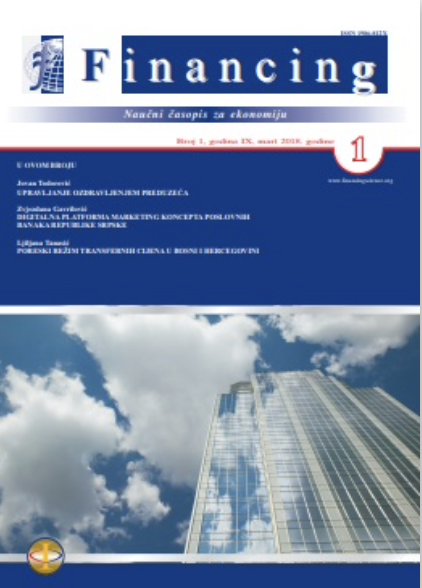Tourism and trade as complementary factors of growth and economic development
Tourism and trade as complementary factors of growth and economic development
Author(s): Momir LazarevićSubject(s): National Economy, Tourism
Published by: Finrar d.o.o Banja Luka
Keywords: tourism; trade; economy;
Summary/Abstract: Tourism is a set of relationships and phenomena arising from the travel and stay of visitors in a place, if this stay is not based on permanent residence and if it is not related to the performance of an economic activity. The term “tourism” was first recorded in the dictionary of the French philosopher, doctor, politician and lexicographer Emil Litrea in 1873. A tourist is any person traveling for 24 hours or longer in a country or part of his / her country, where he / she does not have a place of residence, i.e. a permanent residence, in order to satisfy various tourist needs. Trade is one of the oldest economic activities. It was created in the original human community shortly after the creation of livestock breeding. Consumption of domestic tourists does not differ significantly from the personal consumption of the population. However, as additional, the consumption of foreign tourists (since it results in the spill-over of national income from abroad to a specific tourist country) has multiplicative effects on the economy. Namely, the multiplicative effects of tourism are based on the fact that the funds of tourist spending, after their basic circulation, continue to circulate in the economy and thus affect the overall economic situation in the country, until the moment when through import, travel of domestic population abroad and withdrawal of money from circulation in the form of savings, they “run out of the bloodstream” of the national economy.
Journal: Financing - naučni časopis za ekonomiju
- Issue Year: 9/2018
- Issue No: 2
- Page Range: 53-55
- Page Count: 3
- Language: English, Serbian

